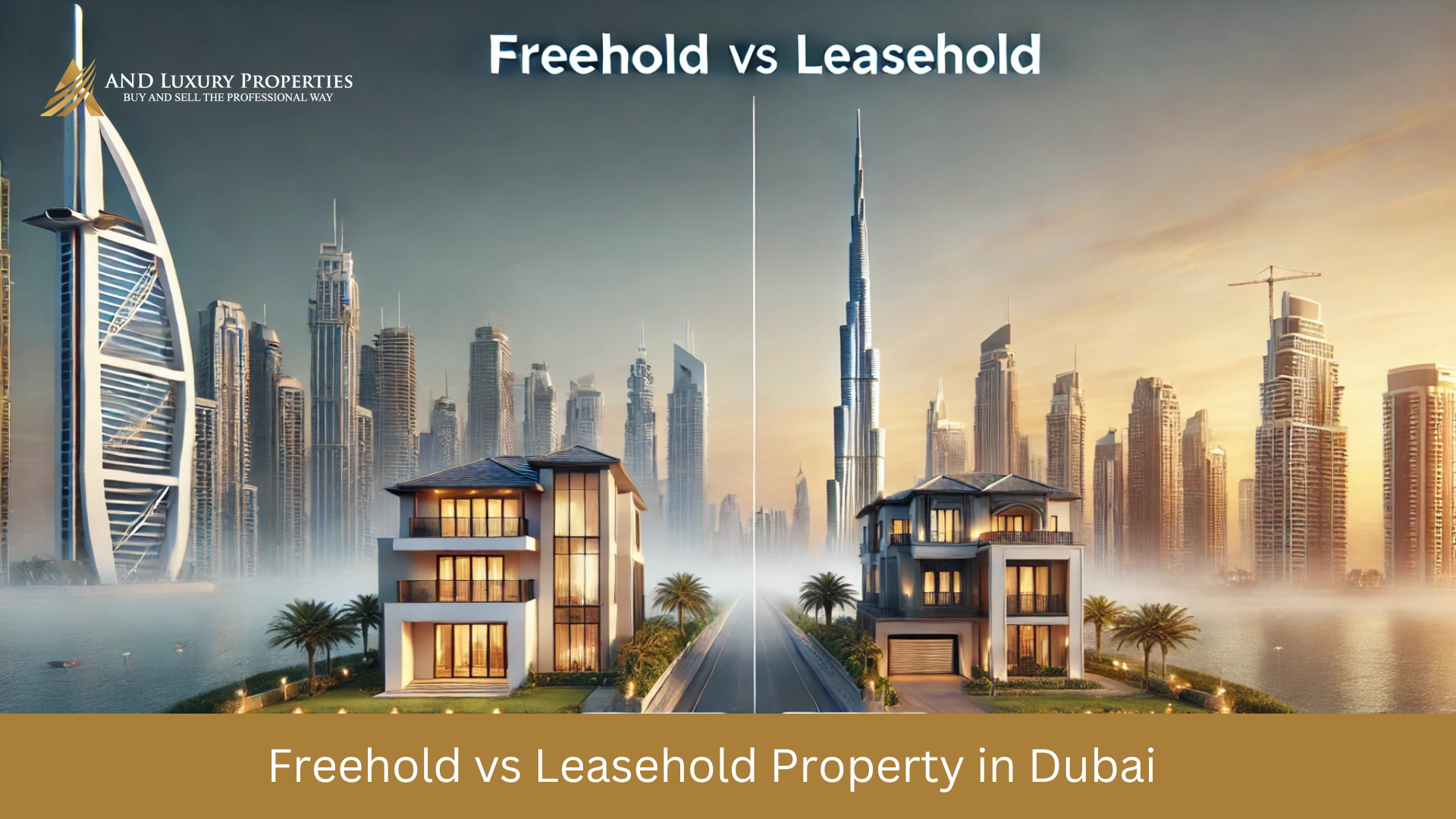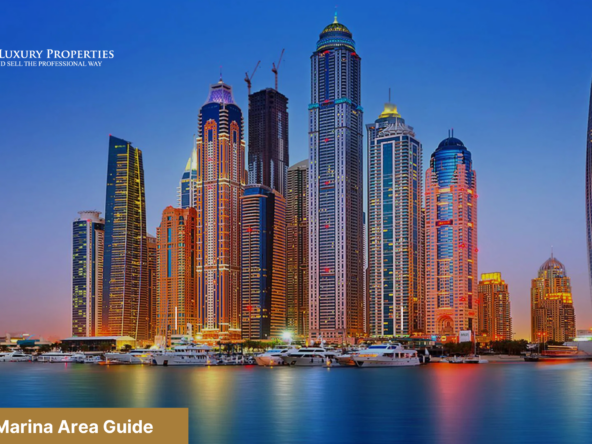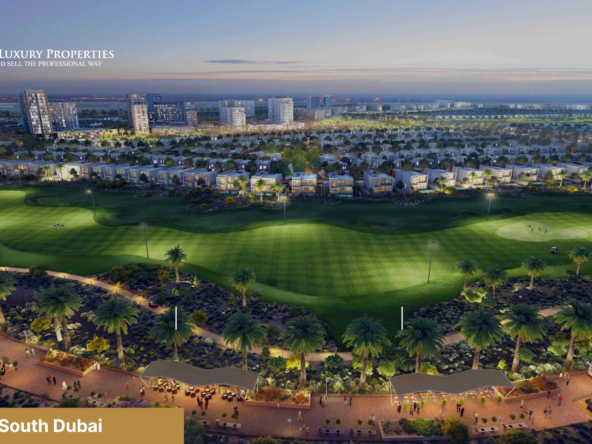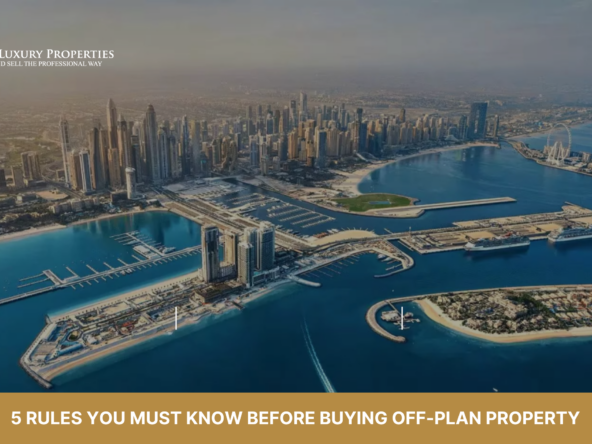When investing in Dubai’s real estate market, understanding the types of property ownership in Dubai, including freehold vs leasehold properties, is crucial. Knowing the details of a leasehold agreement in UAE and the freehold property benefits in Dubai helps buyers make informed decisions.
What is Freehold Property in Dubai?
Freehold property grants complete ownership of both the property and the land on which it stands. Owners have the right to sell, lease, or pass on the property to heirs without restrictions. Foreigners can purchase freehold properties in designated areas of Dubai.
Advantages of Freehold Property:
- Full Ownership: Complete control over the property and land.
- Inheritance Rights: Can be passed down to heirs.
- Long-Term Investment: Ideal for those seeking property appreciation.
- Visa Eligibility: Investors can qualify for a UAE residence visa.
Disadvantages of Freehold Property:
- Higher Costs: Usually more expensive than leasehold.
- Maintenance Responsibility: Owners bear all maintenance expenses.
What is Leasehold Property in Dubai?
Leasehold property provides ownership rights for a specific period, typically between 30 to 99 years, but the land remains under the landlord’s ownership. Once the lease expires, ownership reverts to the landowner unless renewed.
Advantages of Leasehold Property:
- Lower Initial Cost: More affordable than freehold properties.
- Prime Locations: Available in popular areas outside freehold zones.
- Short-Term Commitment: Suitable for temporary residents.
Disadvantages of Leasehold Property:
- Limited Ownership: Ownership is temporary, with terms governed by the lease.
- Renewal Uncertainty: Renewal terms may change or not be guaranteed.
- Property Restrictions: Structural modifications may require approval.
Key Differences Between Freehold and Leasehold Properties in Dubai
| Aspect | Freehold Property | Leasehold Property |
|---|---|---|
| Ownership | Full ownership of property and land. | Ownership for a set period (30-99 years). |
| Foreign Ownership | Allowed in designated areas. | Allowed with lease agreements. |
| Inheritance Rights | Property can be passed to heirs. | Limited; depends on lease terms. |
| Investment Value | Higher long-term appreciation. | Lower initial cost with moderate returns. |
| Maintenance Control | Owner has full control. | Requires landlord approval for major changes. |
Which is Better: Freehold or Leasehold Property in Dubai?
Choosing between freehold and leasehold properties depends on your goals:
- For Long-Term Investment: Freehold is better due to complete ownership and higher property value appreciation.
- For Short-Term Residency or Lower Budget: Leasehold is ideal, offering affordable access to prime locations.
Best Areas for Freehold Properties in Dubai:
- Dubai Marina: High rental yields and vibrant lifestyle.
- Downtown Dubai: Iconic location near Burj Khalifa.
- Palm Jumeirah: Luxury waterfront properties.
- Jumeirah Village Circle (JVC): Affordable and family-friendly community.
Popular Areas for Leasehold Properties in Dubai:
- Dubai Silicon Oasis: Ideal for families and professionals.
- Jumeirah: Premium residential area.
- Deira: Historical charm with modern amenities.
Legal Aspects of Freehold and Leasehold Properties
- Freehold Properties: Registered with the Dubai Land Department (DLD) with a title deed.
- Leasehold Properties: Governed by a lease agreement, outlining the terms and duration of ownership.
Conclusion
Understanding the differences between freehold and leasehold properties in Dubai is crucial for making the right investment decision. Whether you are looking for a long-term investment, a holiday home, or a short-term residence, Dubai offers diverse options. Freehold properties provide complete ownership, while leasehold properties offer affordability and flexibility.





